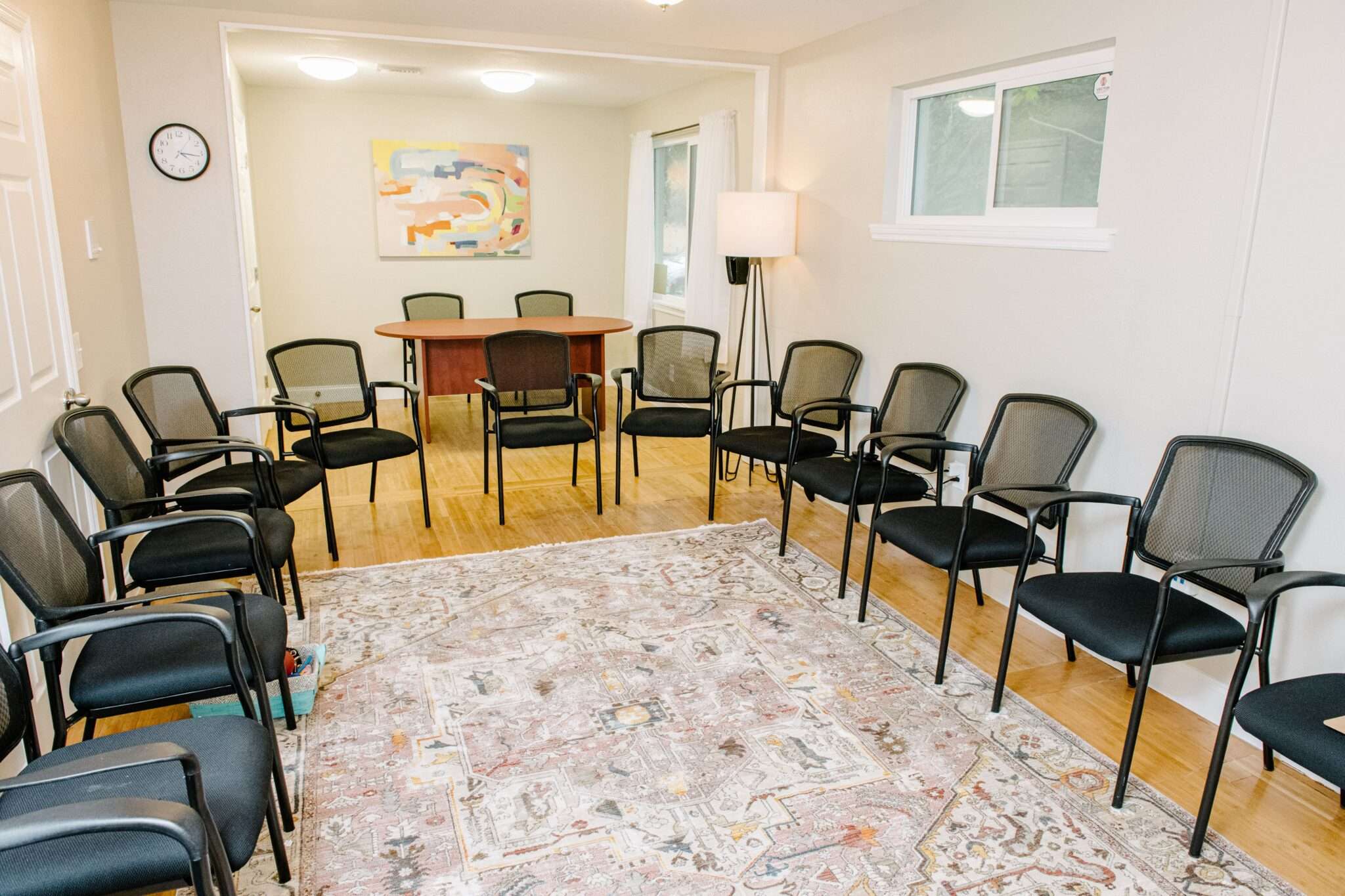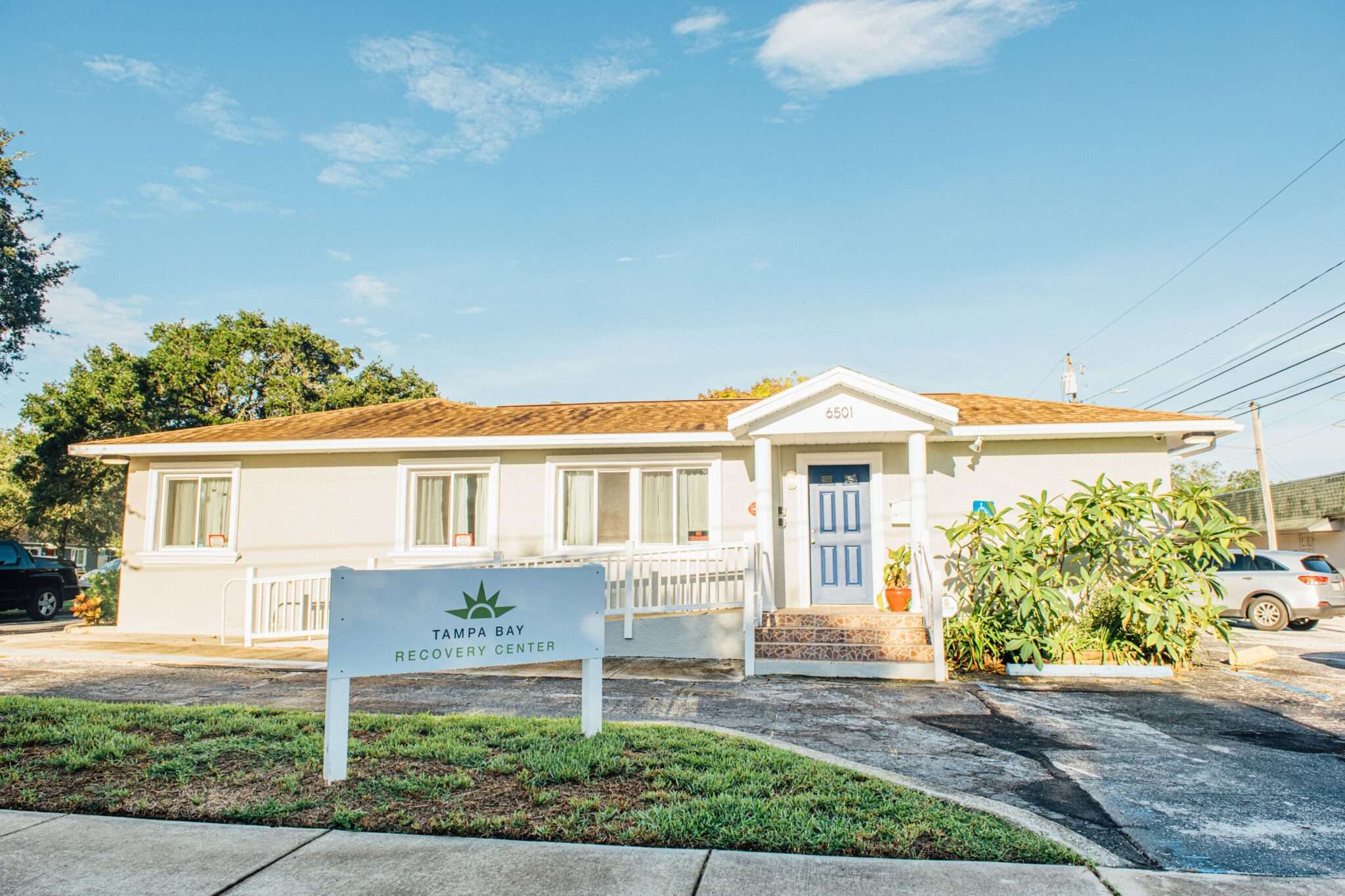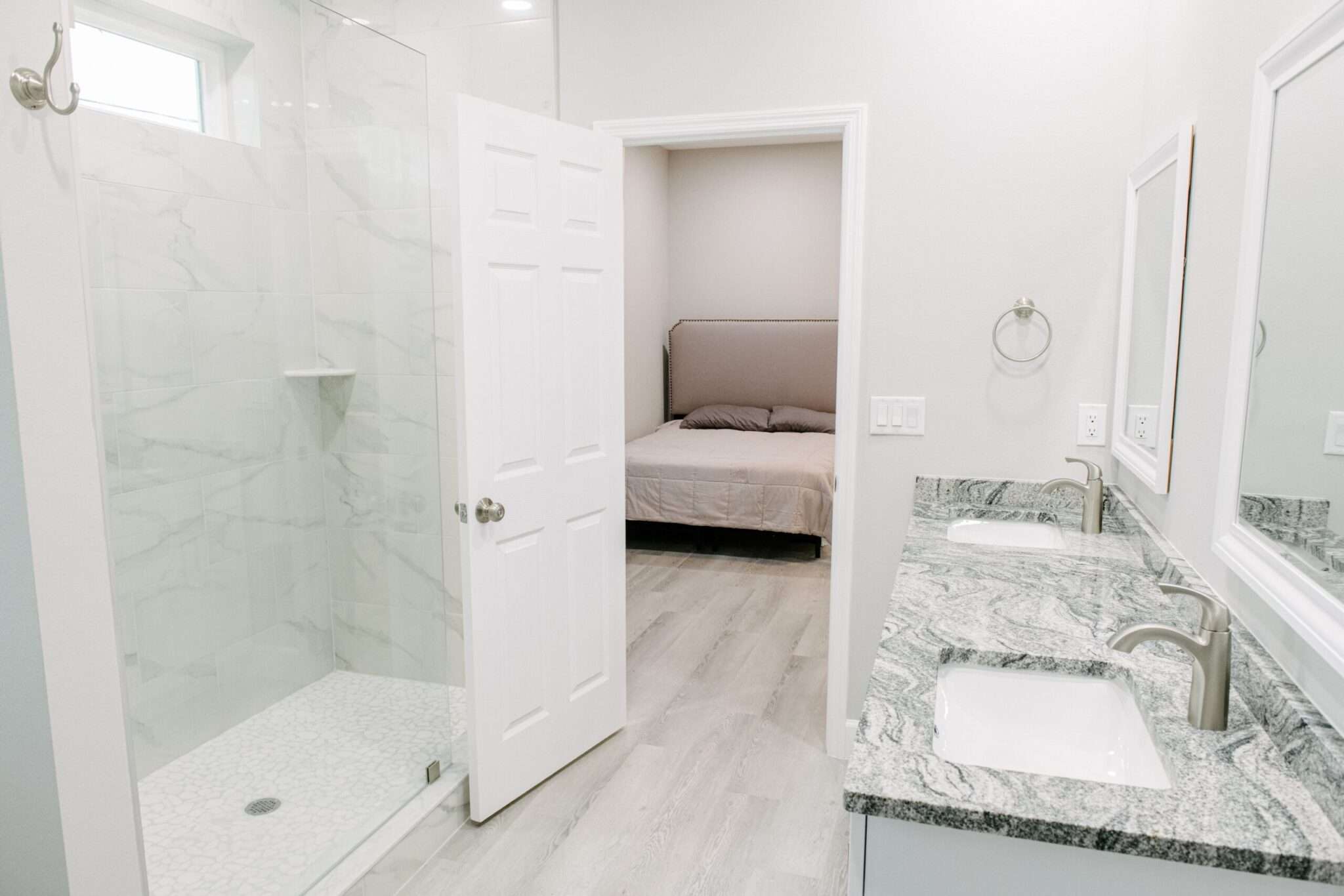When a loved one needs mental health treatment, but refuses, it’s understandable to be concerned. After all, their mental health could continue to deteriorate—leading to worsening symptoms, which can be life-threatening. Knowing how to Baker Act someone in Florida can help you learn how to get help for someone who doesn’t think—or know—they need it.
The Baker Act is for people with a mental illness who need an examination but refuse. If you are worried about a loved one who refuses treatment, the Baker Act might be able to help.
First—What Does the Baker Act Do?
Before you try to Baker Act someone in Florida, it’s important to know what the Baker Act does. And, just as important, what it doesn’t do.
The Florida Mental Health Act—commonly called the Baker Act after Representative Maxine Baker—is for individuals who need crisis services for mental health disorders. Under the Baker Act, a person can be placed into involuntary custody for a mental health examination for 72 hours. However, the Baker Act is only for an evaluation and not long-term treatment.
In other words, if you Baker Act someone in Florida, it doesn’t mean they will get treatment. Instead, they will be involuntarily evaluated to determine the need for further treatment. After that, they could be discharged, enter voluntarily into treatment, or be subjected to involuntary treatment via an additional petition from mental health professionals.
Therefore, before you attempt to Baker Act someone, you need to know when the Baker Act applies.
So, When Does the Baker Act Apply?
The Baker Act applies when a person is in a mental health crisis. The criteria for a crisis can vary—and it doesn’t always mean an imminent life-or-death emergency.
What is Considered a Mental Health Crisis Under the Baker Act?
The Baker Act defines mental health crises as the following situations:
- There is a reason to believe that the person has a mental illness. However, because of their mental illness, they either refuse treatment or don’t understand that they need treatment. An example of this situation could be someone with bipolar disorder who is in an extreme state of mania. In this example, the person might refuse treatment due to the intense feelings of euphoria they have while in a manic phase.
- If the person doesn’t get treatment, they won’t be able to take care of themselves. Because of this, their health and well-being are at a high risk of substantial harm. However, there is a caveat to this: it must be evident that other interventions from family members or professionals won’t reduce harm. (In other words, the person getting mental health treatment is the only way to prevent further harm in this scenario).
- The person would be a threat to themselves or others if they do not get treatment. For instance, a person who is suicidal due to severe depression would be in a mental health crisis under the Baker Act. Another example could be a person with psychosis making threats to others.
Essentially, the idea behind the Baker Act is to reduce the harm caused by untreated mental illnesses. So, if someone is in immediate harm—like threatening suicide or homicide—call 911 immediately to deal with this crisis. The Baker Act is primarily meant to help someone get the treatment they need to prevent the worsening mental health symptoms that lead to emergencies.
Ways to Baker Act Someone in Florida
There are a few ways to Baker Act someone in Florida. Depending on the situation, you might choose a different route to expedite the process if needed.
The following are different ways to get someone an involuntary mental health evaluation under the Baker Act:
- Call the police. If the person is actively showing signs of severe mental distress, they need help now. These signs can include things like losing touch with reality and threatening harm to themselves or others. The police can help initiate the process of Baker Acting the person to get an immediate mental health evaluation.
- Petition for an evaluation by court order. This process isn’t for an emergency. However, it helps when the person’s mental health is deteriorating to a point where they could be a harm to themselves or others in the near future. You would need a written statement documenting the need for a Baker Act.
- Have a professional execute a certificate. A qualified mental health professional can execute a certificate that the person needs to be Baker Acted. This person can be a physician, clinical psychologist, psychiatric nurse, mental health counselor, therapist, or clinical social worker who examined the person within the last 48 hours and determined the need for an involuntary examination.
What Happens After You Baker Act Someone?
After someone gets Baker Acted, they would get an examination by a mental health professional—usually at a psychiatric hospital. They could be in the custody of a mental health facility or hospital for up to 72 hours during this time.
After that, there are a few things that can happen:
- The person is discharged without any plan for further treatment. People do have the right to refuse treatment—as long as their refusal doesn’t put their lives or the lives of others at risk. While this isn’t the best-case scenario for family members who want to see their loved one get help, some people simply refuse any type of treatment.
- The person voluntarily agrees to continue treatment. Sometimes, after the evaluation, the person is able to recognize the need for treatment. Therefore, they could choose to attend a treatment program of their own accord after being Baker Acted.
- They are placed into a treatment program involuntarily. If the person continues to refuse treatment but is determined to be at risk of harm to themselves or others, the facility can petition for an Involuntary Inpatient Placement (IIP). This would involve a court order stating that the person must get mental health treatment.
Find Treatment for Your Loved One Today
Baker Acting someone is never easy. Unfortunately, sometimes this is the only option that loved ones have. If you or a loved one need mental health treatment, Gulf Coast Recovery Center in Tampa, Florida, is here to help.
Contact us today for caring and compassionate mental health treatment.
















